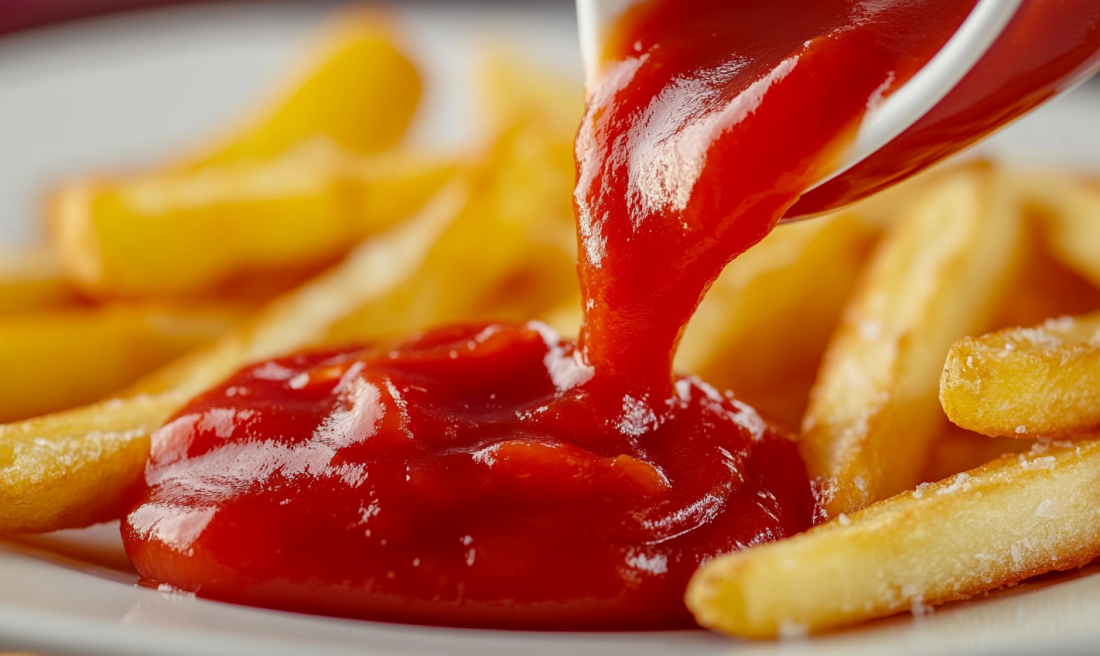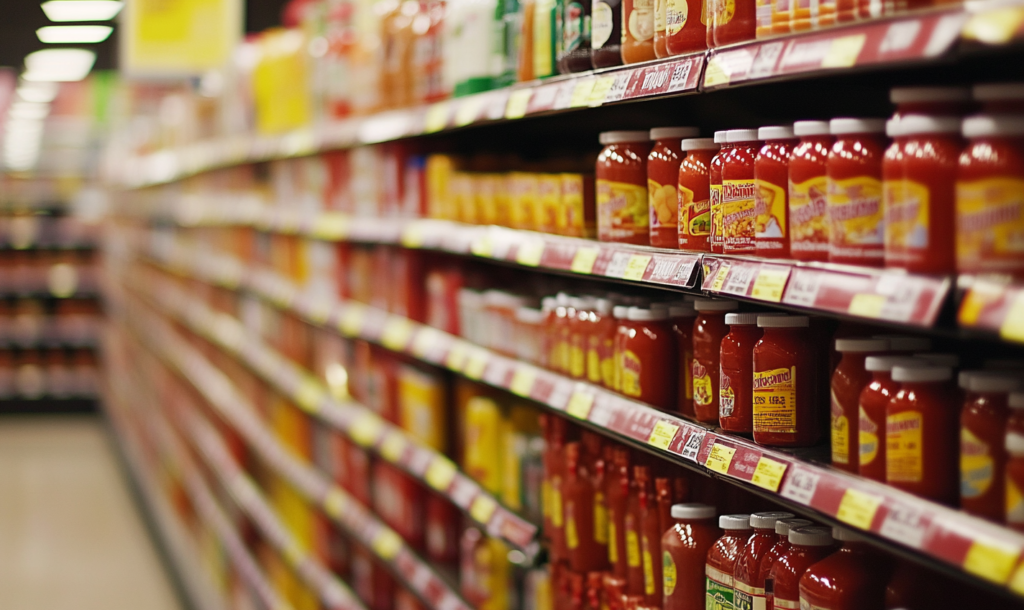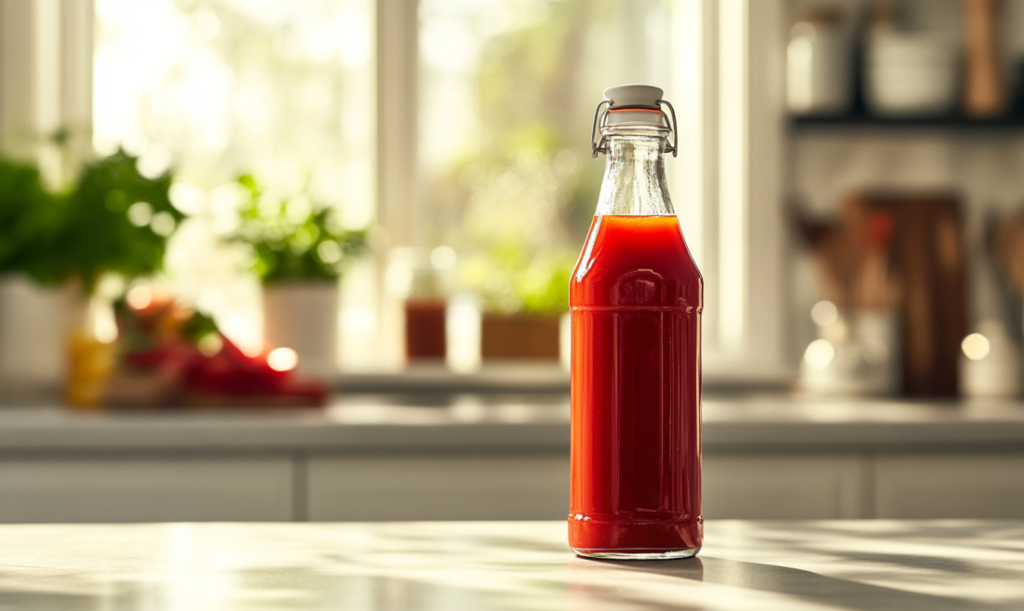Ketchup is a beloved condiment, gracing the tables of homes and restaurants worldwide. Whether it’s squeezed on a burger, drizzled over fries, or mixed into a sauce, ketchup is a staple in many kitchens. But like all foods, ketchup has a shelf life, and knowing how to store it properly can help you enjoy its flavor for as long as possible. In this guide, we’ll explore how long ketchup lasts, how to store it, and how to tell if your ketchup has gone bad.
Does Ketchup Go Bad?
Yes, ketchup can go bad, though its high vinegar and sugar content make it more resistant to spoilage than some other foods. An unopened bottle of ketchup can last up to a year past its “best by” date when stored in a cool, dry place. Once opened, ketchup should be refrigerated to maintain its quality. While it may last up to six months in the fridge, its flavor and texture can begin to degrade over time. If your ketchup has been sitting out at room temperature for an extended period, it’s best to err on the side of caution and discard it.
How Long Does Ketchup Last?
Unopened ketchup can last up to a year past its printed date if stored in a cool, dry place. Once opened, ketchup should be refrigerated, where it can maintain its quality for up to six months. Refrigeration is key to preserving its flavor and preventing spoilage. However, if you notice any changes in taste, texture, or appearance, it’s a sign that your ketchup may have reached the end of its shelf life.
How Long Can Ketchup Sit Out?
Ketchup can sit out at room temperature for a short period, but once opened, it’s best to refrigerate it after use. While some may keep ketchup on the table for convenience, extended exposure to room temperature can lead to flavor degradation and bacterial growth. For safety and freshness, refrigerate your ketchup after opening and avoid leaving it out for more than a couple of hours.
How To Store Ketchup Safely
To keep ketchup fresh, it should be stored in a cool, dry place before opening. Once opened, refrigeration is recommended. If left out on the counter, ketchup can quickly lose its flavor and consistency. Always keep the cap tightly closed and ensure the bottle is clean to prevent contamination. Here’s a quick guide on how to store ketchup under different conditions:
Ketchup Storage Conditions
| Storage Method | Temperature | Duration |
|---|---|---|
| Unopened (Pantry) | Cool, Dry Place | Up to 1 Year Past “Best By” Date |
| Opened (Refrigerated) | 35°F – 40°F (1.6°C – 4.4°C) | Up to 6 Months |
| Opened (Left Out) | Room Temperature | 2-4 Hours |
Signs Ketchup Has Gone Bad
- Smell: If your ketchup has a sour or off-putting odor, it’s a clear sign that it has spoiled and should be discarded.
- Color: Fresh ketchup is bright red. If you notice that the ketchup has turned darker or has a strange hue, it’s likely past its prime.
- Texture: Spoiled ketchup may have separated or developed a watery consistency. If the texture seems off, it’s best to throw it away.
Most Asked Questions About Ketchup
- How long does ketchup last?
- How to store ketchup?
- Can ketchup go bad?
- What happens if you eat expired ketchup?
- How to tell if ketchup is bad?
Ketchup: More Than Just a Condiment
Ketchup has a rich history and is more than just a topping for your fries. Originating as a fermented fish sauce in Asia, ketchup has evolved into the sweet, tangy condiment we know today. Its versatility extends beyond being a dip; ketchup can be used in marinades, sauces, and even as a base for other condiments. For more details, you can visit the Ketchup page.


